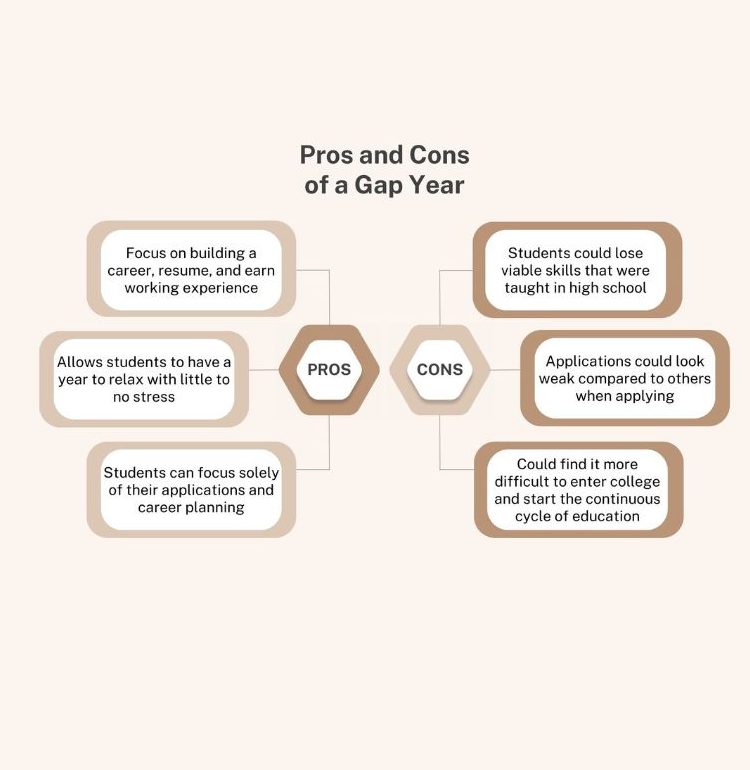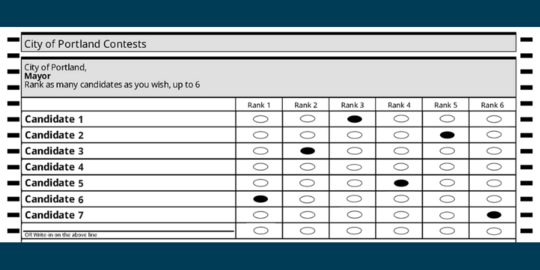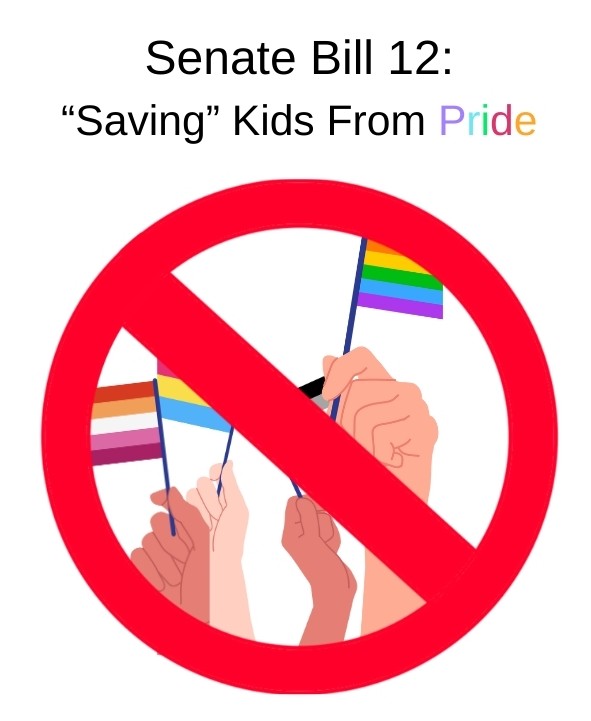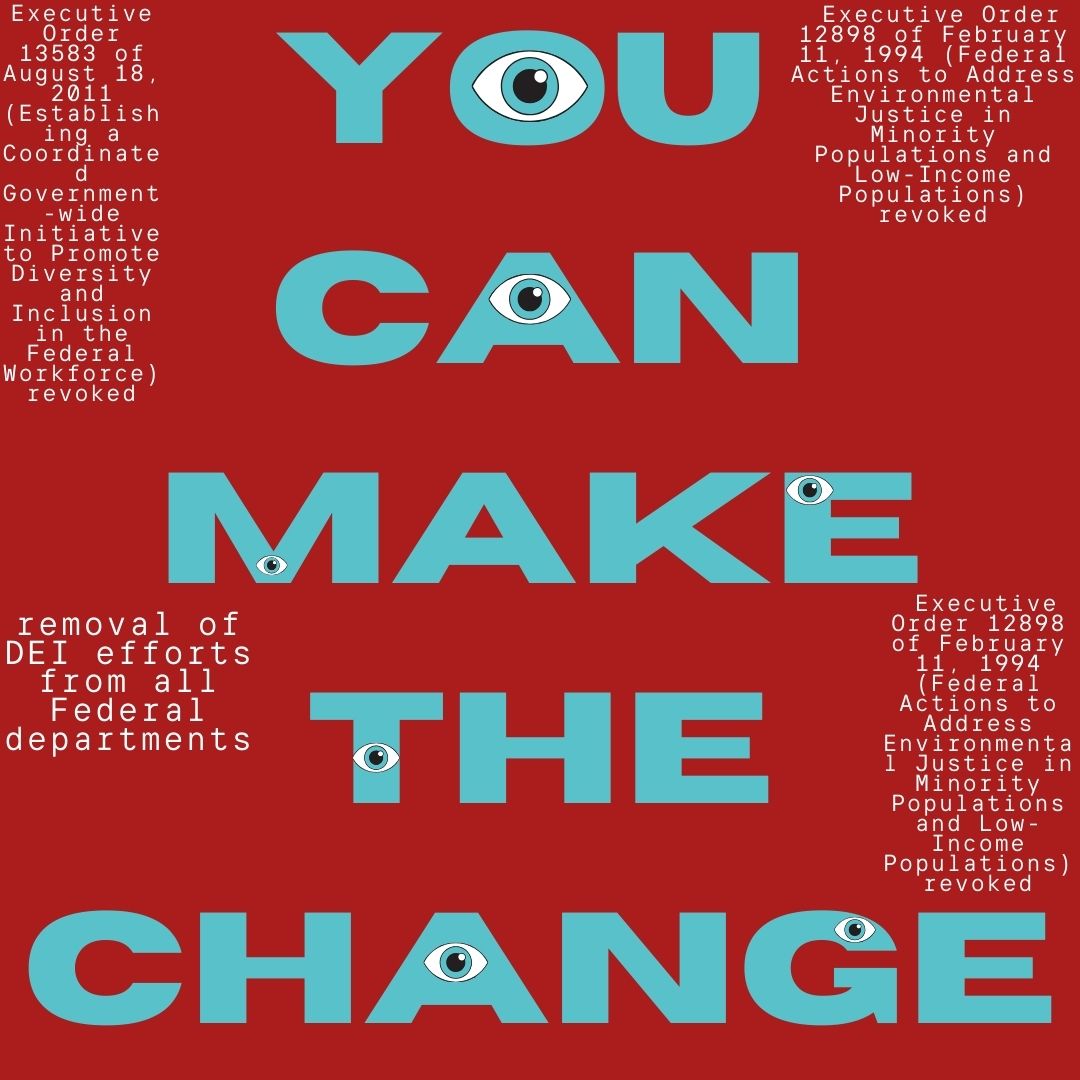
Should Students Take A Gap Year After Graduation?

Students spend weeks studying for exams getting ready to finish their high school career. However, as soon as they think they have time to relax, they actually have to start focusing on what they plan to do after college. The stress that comes with figuring out what to do with one’s life is different for everyone, especially if they don’t know if they want to attend college.
While dealing with constant stress, students should not feel pressured to attend a college and that it’s normal to take a gap year before starting their education career once more.
Students have little time to relax during the school year, bagged down with homework, assignments, major projects and exams, so they have high levels of stress. Deciding what college to go to and how to deal with the financial cost can hurt a students morale and motivation to pursue education once more. Many adults tell students that gap years should not be taken and instead they need to jump right into school or else the year will turn into many. However, that is not always the case if a student has a good work ethic. Many students take a gap year to help them reevaluate their life-long goals and what career they want to pursue. During that year they can plan for college, focus on admissions without added on school work and work a decent job to earn some financial assets that could be used to pay some expenses when they enter post secondary school.
Not only could students focus on reevaluating their decisions and start much needed preparations, they can use this time to find a decent job to gain working experience. When in college, students must balance both education and work, which can be a stressful task. However, to add in more stress is finding a job with little to no experience. To focus mainly on high school, many students do not get a chance to start a resume with past work experience. Therefore finding one in post secondary is a hard task to complete. By taking a gap year, students can start their working experience and have some prior knowledge when entering the workforce in the surrounding areas where their college is housed.
Even though gap years can be beneficial, it could also be considered risky depending on the person. Some who take a gap year get accustomed to living day-to-day life and no longer feel the need to continue school, others lose the motivation to start up once again, and others find jobs that they can see themselves pursuing in the long-run. There are many factors that could influence a person to no longer want to pursue post-secondary education, but regardless a gap year isn’t harmful. It still allows a person to build job experience, gain connections, and prepare to live on their own like living in a college dorm. It also gives them a taste of the world and what a degree could do in the workforce.
When students graduate from school they have all kinds of plans and paths they want to pursue, but for those who are still unsure or not committed to post-secondary school, a gap year gives them a chance to experience the world and decide if entering school once more will benefit them or only add in more stress. A gap year comes with many benefits, such as earning job experience, earning expenses and living on one’s terms. It’s not harmful or risky as long as the students find a clear path toward their goals.
Upon high school graduation, students planning to attend college can choose to take a gap year and pursue other interests like travelling, work, or volunteering.
Taking a gap year is detrimental for most students, and should be avoided.
A gap year can cause students to forget several skills they learned in high school due to them not using them during the gap year. This is because of the fact that when people don’t actively use a skill they tend to forget it. This is why if a person is going into a STEM field, it is recommended that they take a math course every year to make sure that they keep the skills that they have learned. By taking a gap year, students will forget some of the skills they learned within high school, putting students at a disadvantage when going into the semester-long classes present within college as these students will have to relearn some of the skills they had forgotten, leading students who had taken a gap year to fall behind within their classes.
Students who take a gap year will look worse on a college application when compared to those who directly go into college. This is not only due to the reason that was mentioned previously, but also because they will look less dedicated to the college. College’s don’t want to take the risk of a student dropping out early as it will negatively impact their graduation rates, funding and their reputation. Colleges rely on these three things in order to continue operating in the future and attract students to their colleges. This leads to college’s having a preference for students who go directly into college rather than those students who have taken a gap year, putting students who take a gap year at an even further disadvantage over students who did not decide to take one.
A potential point supporting gap years is that students taking gap years can do internships over the subject they are planning to study in College. While internships certainly can help with getting accepted into college and getting hired after, it has one major issue. Internships can be done way better, with none of the drawbacks mentioned above. That superior way to do internships, is simply just to do those internships in the Summer when in high school during Summer Break. Internships during Summer Break give students all the positives mentioned above, with none of the negatives like forgetting skills, or looking worse for colleges.
Students taking gap years are put at a disadvantage when compared to students who decide not to take a gap year. There is no positive to a gap year that can’t be achieved during a student’s time in high school. The only reason a student has to take a gap year is if they want to have to catch up in their college courses by reminding themselves what they forgot and if they want to have a harder time getting accepted into their colleges.








